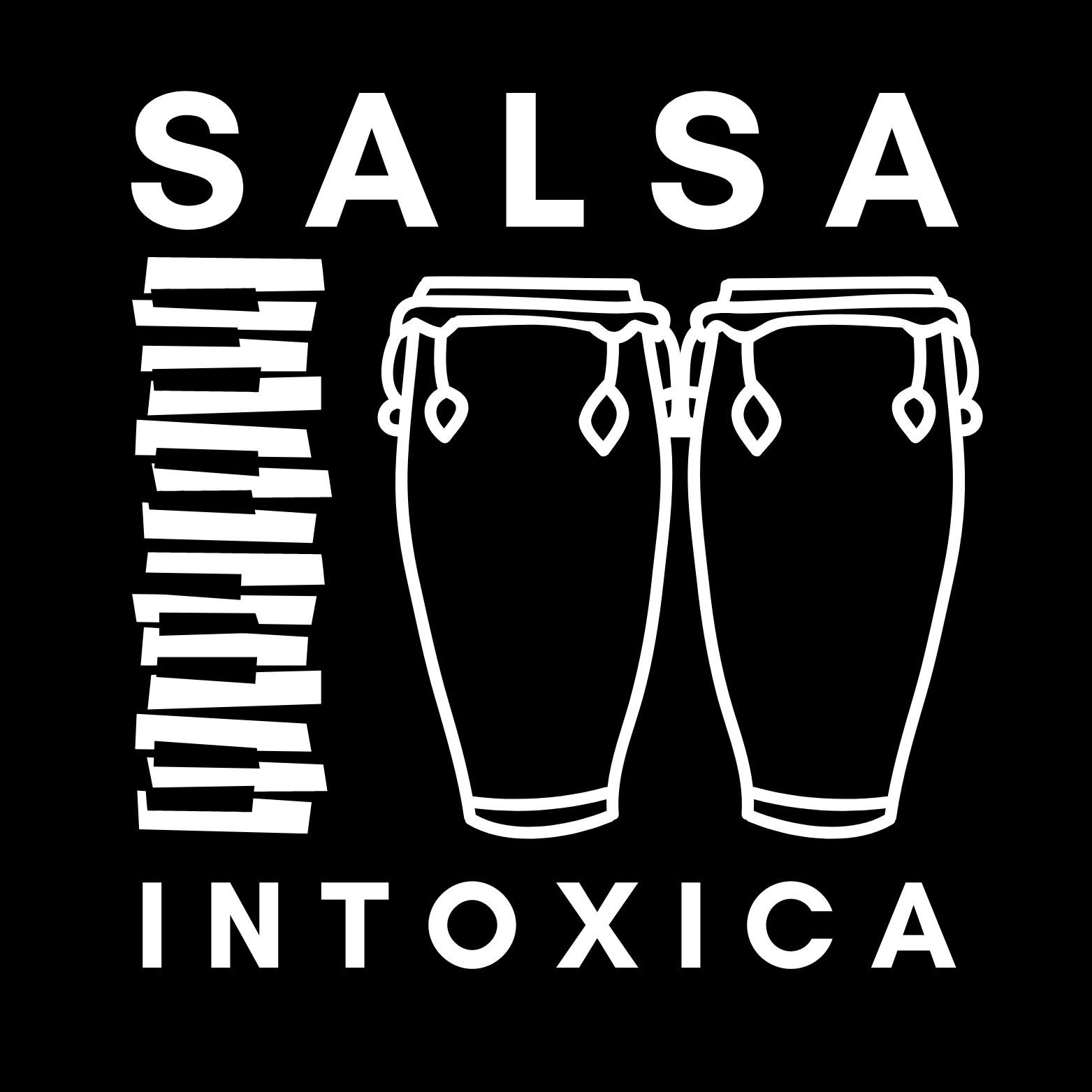How do you know how good you are…
I mean not just guessing…
How do you really KNOW?
Let’s face it, Salsa isn’t like learning Ballet or Ballroom where you have exams, medals, boxes to be ticked.
And if it was, how do you measure and assess things like musicality and interpretation?
Do you ask teachers?
Other dancers?
What qualifies any person’s feedback as being accurate or even relevant?
Especially if they are not trained as teachers of movement.
I know there are lots of people out there who will say that Salsa is a social dance and shouldn’t be subject to the same formalities as other dances on the grounds that it’s an improvisational, freestyle dance.
But here is a fact – it’s one I quote a lot:
I’ve not met one single person at any level who doesn’t want to improve…if they didn’t they wouldn’t be turning up to class week after week.
So called “advanced” classes all over the country are full of dancers who are not advanced in any sense of the word…yet because they can get their feet and bodies through a routine they believe that’s all that’s required – because no one has taken the trouble to define the technical spec of the dance much beyond where their feet and arms go.
The only tool they have to assess themselves (because no one is really doing it for them) is comparison.
Comparison to their peers and to teachers.
Dancers coming through the ranks hold those in the advanced classes as their benchmark.
In their world, that’s what they believe they are aiming for – if those “advanced” students aren’t representing a decent level of skill and style, where does that leave the future of our dance?
Yet very few of them have the slightest idea what they are aiming for in terms of skills and techniques they need to master, the core moves they need to know, or how to link everything together in a way that’s musically driven.
Very few of them are actually improvising in the true sense of the word.
Until these things can be defined and quantified and communicated clearly, improvement for the vast majority of social dancers will be hit and miss at best, and will probably grind to a halt way before that person gets anywhere near their real potential.
Bad habits get ingrained instead of corrected.
The overall standard drops over time.
As teachers I believe we have a responsibility not only to the people we teach, but to ourselves to uphold the standards of the dance we love by introducing more clarity for the people we teach.
By working out how to communicate all of this to students, not only do we create a platform for gaining better recognition for our own skill as dancers and educators, we also gain clearer understanding for our own development.

